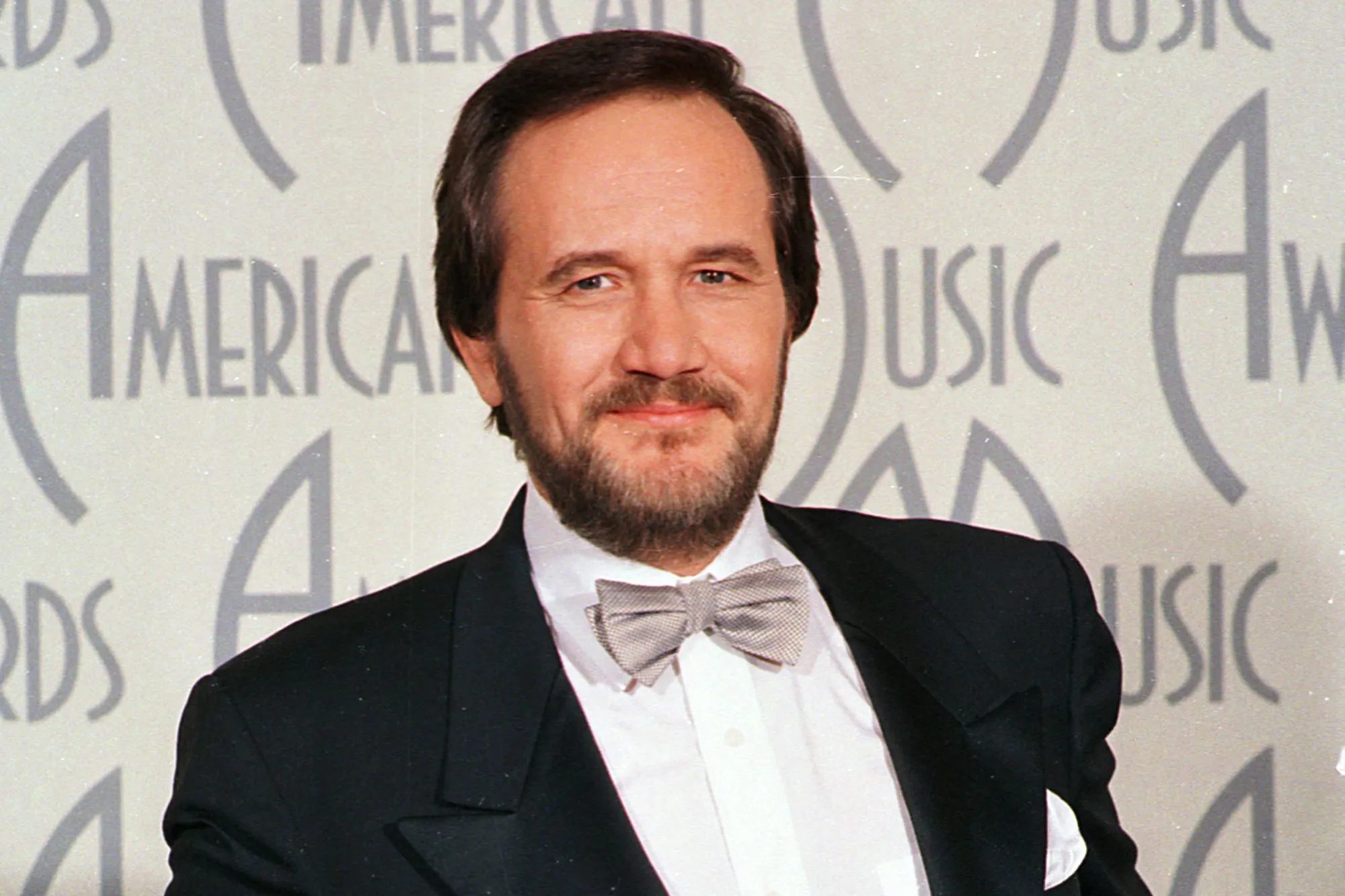The country music icon Roger Miller passed away in Los Angeles on October 25, 1992. His singles from the 1960s introduced a brand of sarcastic rustic humor to mainstream pop. A resident of the Santa Fe, New Mexico, area, he was 56 years old.
Stan Moress, his manager, reported he passed away from cancer.
Six of Mr. Miller’s eleven Grammy Awards were won in a single year, following his highly inventive and humorous pop music burst that year. His songs “Dang Me,” “Chug-a-Lug,” “King of the Road,” “Engine Engine No. 9,” and “England Swings” made him a unique songwriter known for his wordplay, puns, and fast-talking, semi-improvised fun, which was unheard of in country music.
After a career filled with dramatic highs and lows, Mr. Miller made a comeback two decades later with the score for the Broadway musical “Big River,” which catapulted him to Broadway stardom with the same intensity that had catapulted him to the forefront of country songwriters two decades earlier. Mr. Miller received his own Tony Award for Outstanding Score for a Musical for his original compositions from “Big River,” which took home the Tony Award for Best Musical.
Although Roger Dean Miller was born in Fort Worth, he moved to the small farming community of Erick, Oklahoma, after his father passed away when he was just a year old. When he was young, he dreamed of becoming a country music star like his neighbor and Miller’s in-law, Sheb Wooley, who went on to play in westerns and become well-known for writing and singing the novelty hit “Purple People Eater.”
A little about Roger Miller’s Life
When he was twelve years old, Mr. Miller purchased his first guitar with the $8 he earned from picking 400 pounds of cotton. After completing the eighth grade, he joined the Army during the Korean War and performed as a musician in a country band, playing the guitar, drums, and fiddle.
His sergeant in the army, whose brother was in the country novelty act Homer and Jethro, urged him to come to Nashville to try his luck. He brought a stack of songs with him from his tour of service, which Jimmy Dean, George Jones, Ray Price, and Ernest Tubb promptly recorded.
He was part of a small group of musicians during this time that included Waylon Jennings and Willie Nelson, two outsiders from the Nashville scene at the time. Ultimately, he stated that they were all “caught between the 40’s and 60’s, between big-band music and rock-and-roll.”
In 1960, he finally signed with RCA Records, and the following year, “When Two Worlds Collide,” a song he co-wrote with country music icon Bill Anderson, became his first top-10 country success. But his career did not take off until 1964.
Mr. Miller’s hits continued into the 1960s, featuring original songs like “My Uncle Used to Love Me but She Died,” “Husbands and Wives,” and “You Can’t Roller Skate in a Buffalo Herd.”
Mr. Miller fell victim to the excesses that are frequently the price of rapid success, just like a lot of music artists. Even though his career took a slight hiatus in the 1970s, he kept recording albums, such as 1982’s “Old Friends,” a duet with Willie Nelson.
Mr. Miller had never read the classic novel by Mark Twain until producer Rocco Landesman, a longstanding admirer, asked him to write the score for the musical “Big River,” which was based on the novel. He remembered that as he studied the book, he was struck by words and images that transported him back to his early years in rural Oklahoma.
“It was all there,” he said. “I was amazed to find that it was written in the same everyday conversation that I grew up talking.”
Mr. Miller is survived by seven children and seven grandchildren.
